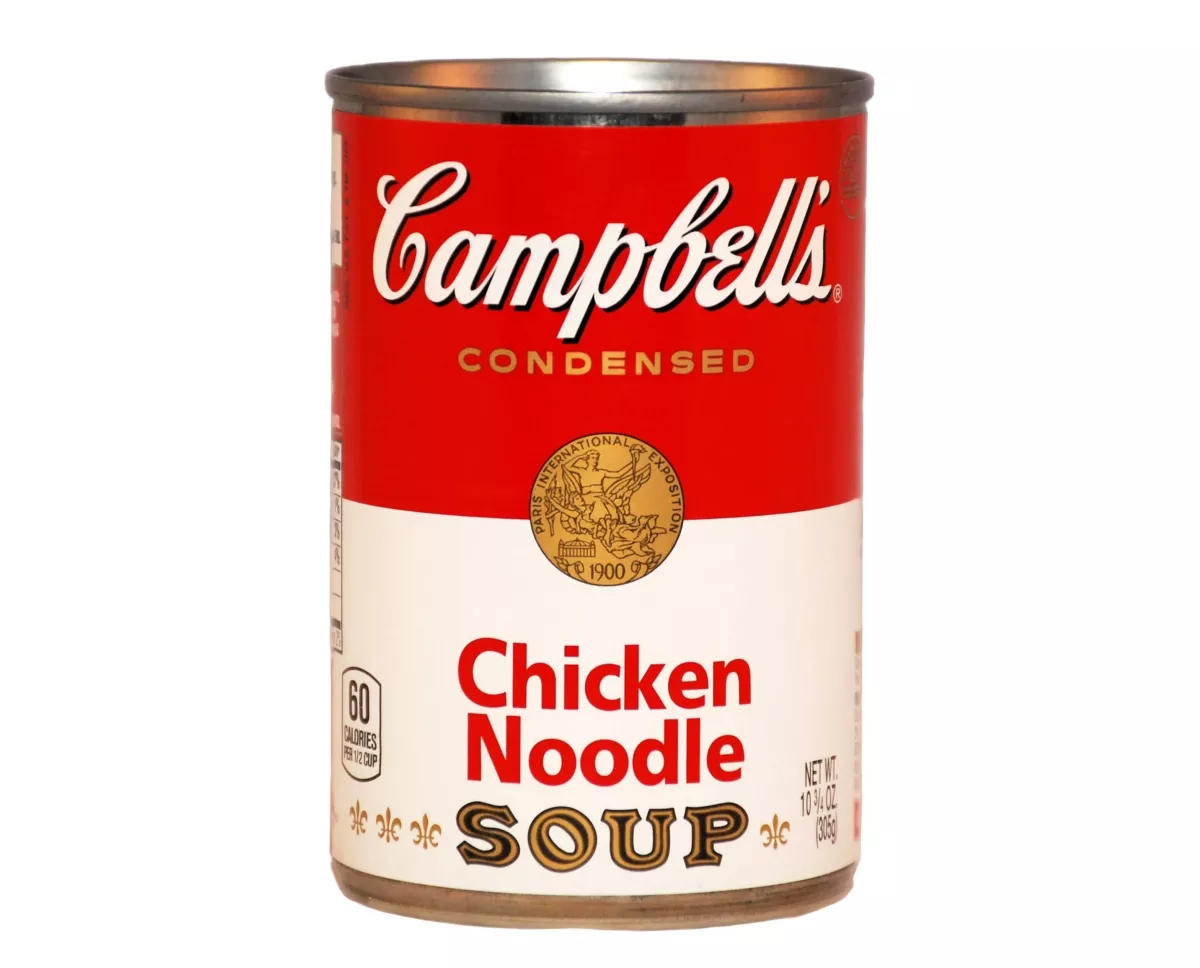Contraceptive and Harmful Antibiotics Found in Top Ten Fast Food Samples
By Zen Honeycutt
Moms Across America requested that the TOP TEN most popular fast food brand meal samples be tested for 104 of the most commonly used veterinary drugs and hormones. Due to large, industry, confined animal feeding operation conditions, which include extremely close quarters, unsanitary spaces, and high incidence of disease, most of America’s nonorganic meat comes from livestock that is heavily treated with antibiotics, growth hormones, and an anti-parasitic which is also a known aviary contraceptive.
Full lab report for Fast Food Testing of Veterinary drugs and hormones. Downloadable PDF of report here: tinyurl.com/5n827dn5
Summary of Test Results
Three veterinary drugs and hormones were found in ten fast food samples tested. One sample from Chickfil-A contained a contraceptive and antiparasitic called Nicarbazin, which has been prohibited.
Don’t lose touch with uncensored news! Join our mailing list today.
Six out of ten, or 60%, of the fast food samples contained antibiotic Monensin, which is not approved by the FDA for human use and has been shown to cause severe harm when consumed by humans.
Four out of ten, 40% of the samples contained antibiotic Narasin, which has been shown, in animal studies, to cause anorexia, diarrhea, dyspnea, depression, ataxia, recumbency, and death and pathologically by degeneration, necrosis, and repair of heart and skeletal muscles.
Monensin and Narasin are antibiotic Ionophores; toxic to horses and dogs at extremely low levels, leaving their hind legs dysfunctional.
Ionophores cause weight gain in beef and dairy cattle and are therefore widely used but also “cause acute cardiac rhabdomyocyte degeneration and necrosis.”
For many years, ionophores have also been used to control coccidiosis in poultry. However, misuse of ionophores can cause toxicity with significant clinical symptoms. Studies show that ionophore toxicity mainly affects myocardial and skeletal muscle cells.
Side Effects of Chemicals Detected in Popular Fast Food
Monensin – toxicity side effects in animals: anorexia (24 to 36 h post-ingestion), diarrhea, dullness, weakness, ataxia, dyspnea, prostration, and death.
Narasin – toxicity side effects in animals: anorexia, diarrhea, dyspnea, depression, ataxia, recumbency, and death and pathologically by degeneration, necrosis, and repair of heart and skeletal muscles.
Nicarbazin – infertility in poultry, geese, and pigeons. It can also cause increased sensitivity to heat stress, growth depression, death, cell degeneration processes in the liver and kidneys; it occasionally causes toxic effects in laying hens, reduced hatchability, and interruption of egg-laying.
While some ionophores, such as quercetin and hydroxychloroquine, both zinc ionophores, can be beneficial, antibiotic ionophores are not. Moms Across America is gravely concerned about our population, especially children, unknowingly eating unprescribed antibiotic ionophores livestock, even at low levels, consistently because of potential damage to the microbiome as well as the risk of antibiotic-resistant bacteria growth.
We question if the side effects of these ionophores in dogs and horses, leaving their hind legs dysfunctional, might be related to millions of Americans presenting with restless leg syndrome and neuropathy, conditions unknown to most humans just a generation or two ago. Further testing must be conducted on the side effects of these drugs in our food and the effects on humans. Until proven safe, we urge our regulatory agencies, such as the USDA and FDA, to disallow the use of these drugs in our livestock.
Ionophore toxicity can lead to anorexia, diarrhea, dyspnea, depression, ataxia, recumbency, and death and pathologically by degeneration, necrosis, and repair of heart and skeletal muscles.
A concerning contraceptive (for geese and pigeons) and antiparasitic called Nicarbazin, prohibited after many years of use, was found in the Chick fil-A sandwich samples. Nicarbazin is used to treat coccidiosis, a parasitic disease of the intestinal tract of animals, commonly meat bird chickens, caused by coccidian protozoa. The disease spreads from one animal to another by contact with infected feces or ingesting infected tissue. Nicarbazin cannot be used in egg-laying chicken feed because it prevents the production of eggs.
Moms Across America is deeply concerned about allowing Nicarbazin in livestock production. The Executive Director, Zen Honeycutt states: “The impact of millions of Americans, especially children and young adults, consuming a known animal contraceptive daily is concerning. With infertility problems on the rise, the reproductive health of this generation is front and center for us, in light of these results.”
In addition, an EPA Nicarbazin label restriction, “Do not apply within 20 feet of any body of water, including lakes, ponds or rivers.” is required for this product. Moms Across America questions – if Nicarbazin is unsafe to apply to animal feed within 20 feet of waterways, and the human body is made up of 60% water, how is it safe for humans to consume via fast food?
It is not uncommon for millions of Americans to consume fast food for breakfast, lunch or dinner, or all three meals, every day. According to school lunch director reports, school lunches are often provided by fast food suppliers and typically are the only meals underprivileged children receive and a major component of the food consumed by most children.
One thing is certain: long-term exposure to antibiotics and hormones in foods can cause serious health problems like antibiotic resistance, the rise of superbugs, death, heart problems, memory decline, and infertility.
Moms Across America is a national coalition of Unstoppable Moms whose mission is to educate and empower mothers and others with actions and solutions to create healthy communities.We advocate for non toxic regenerative organic and pasture-raised livestock practices, and the return of the small local farmers.
Originally posted at momsacrossamerica.com















